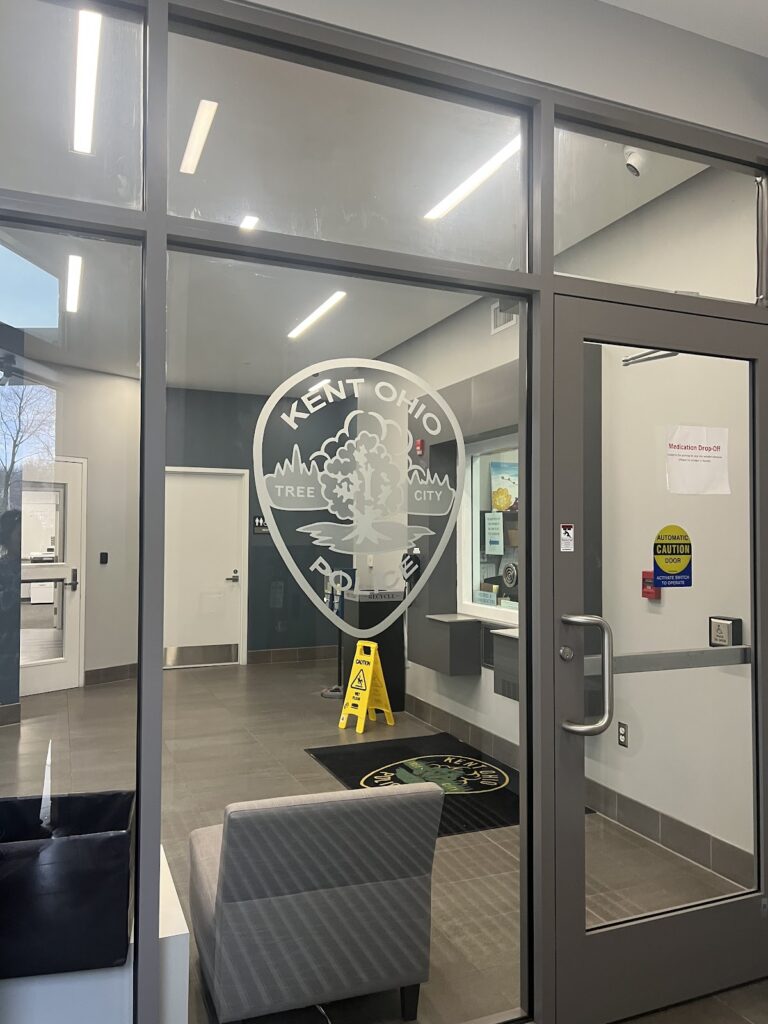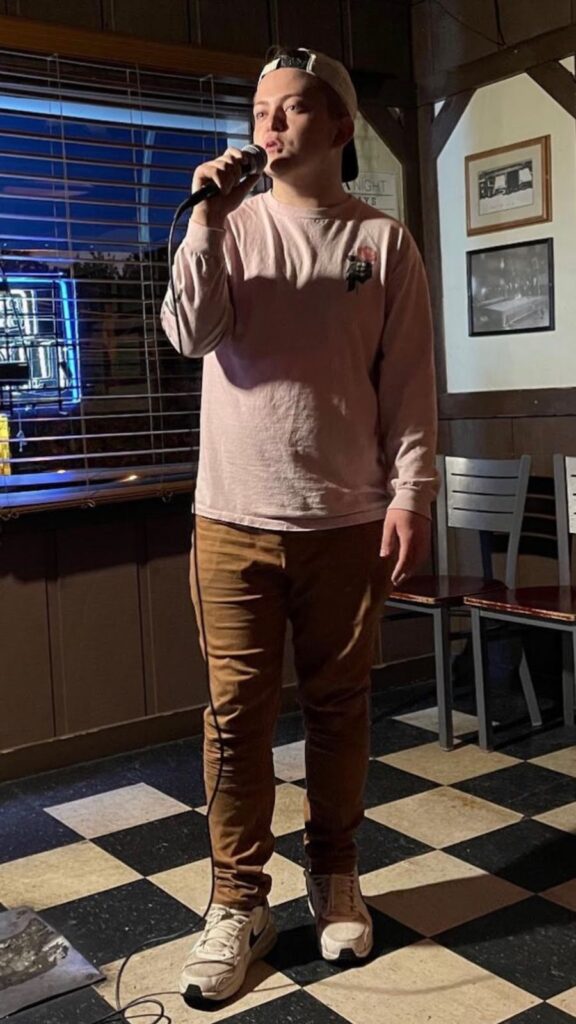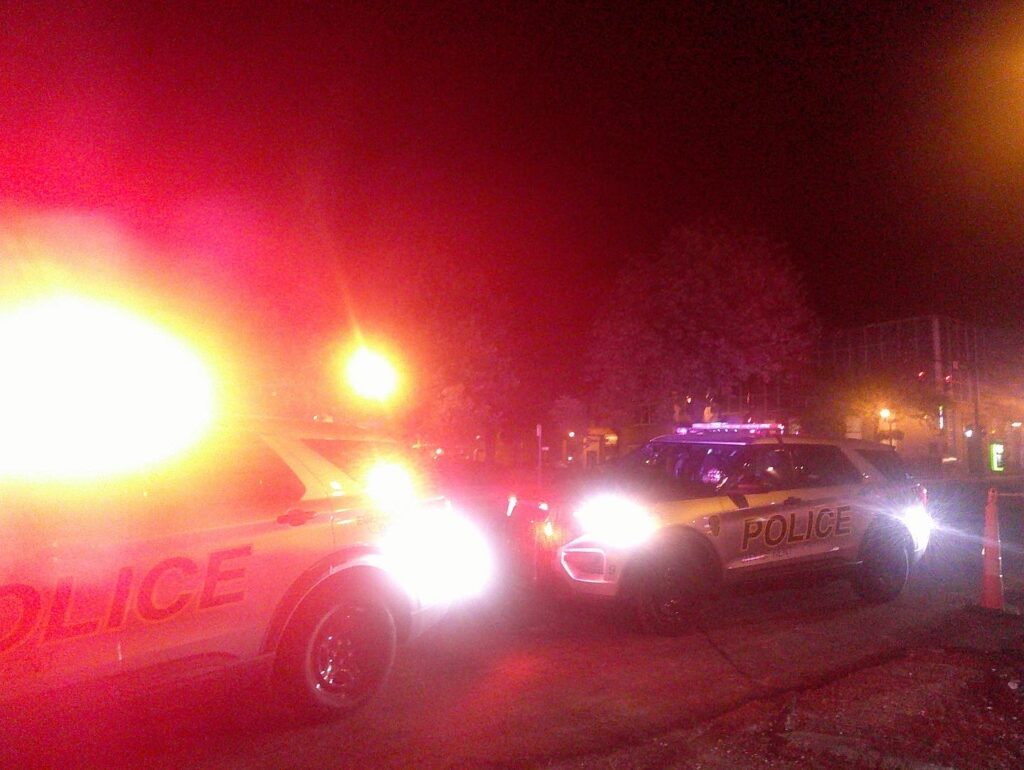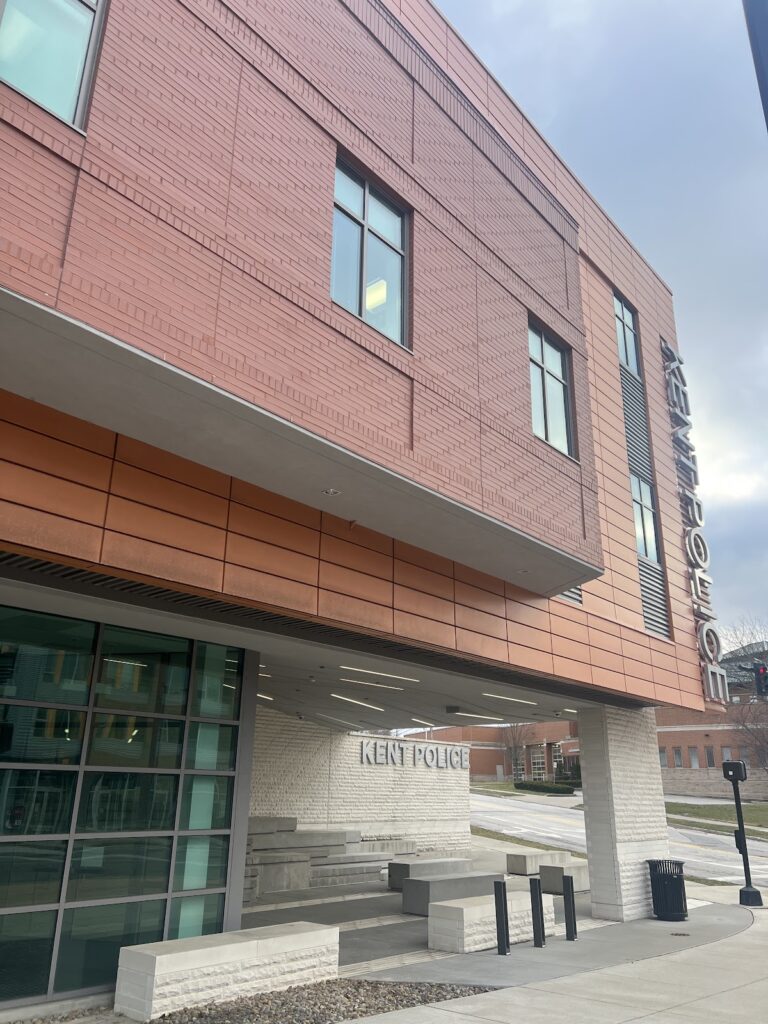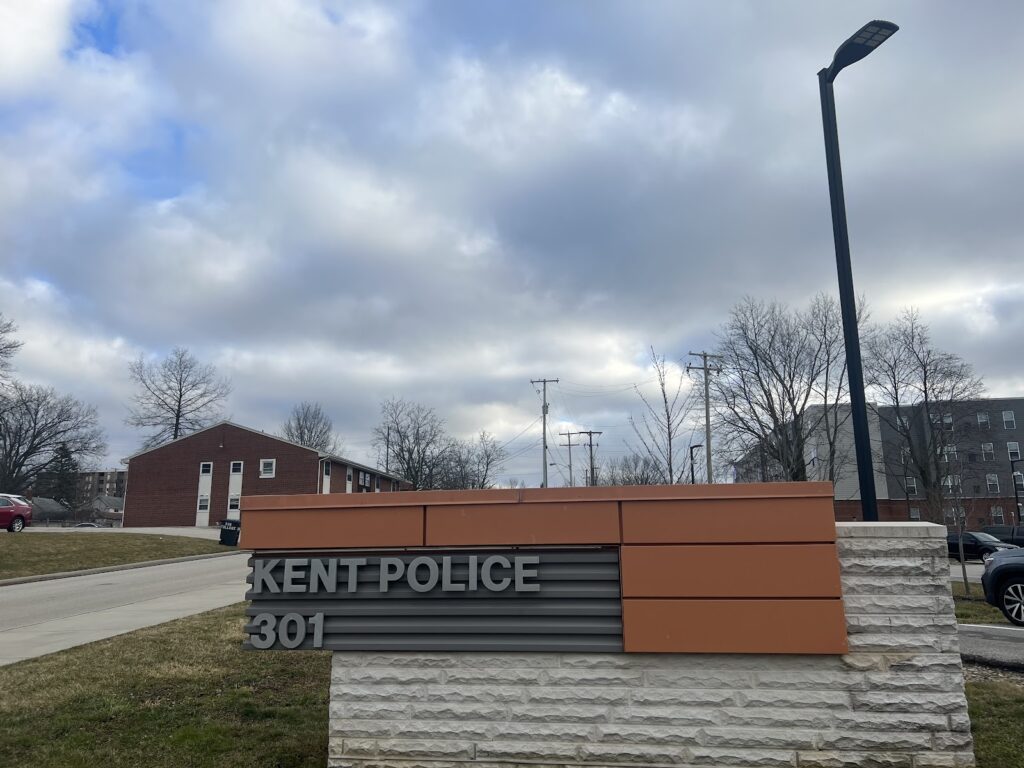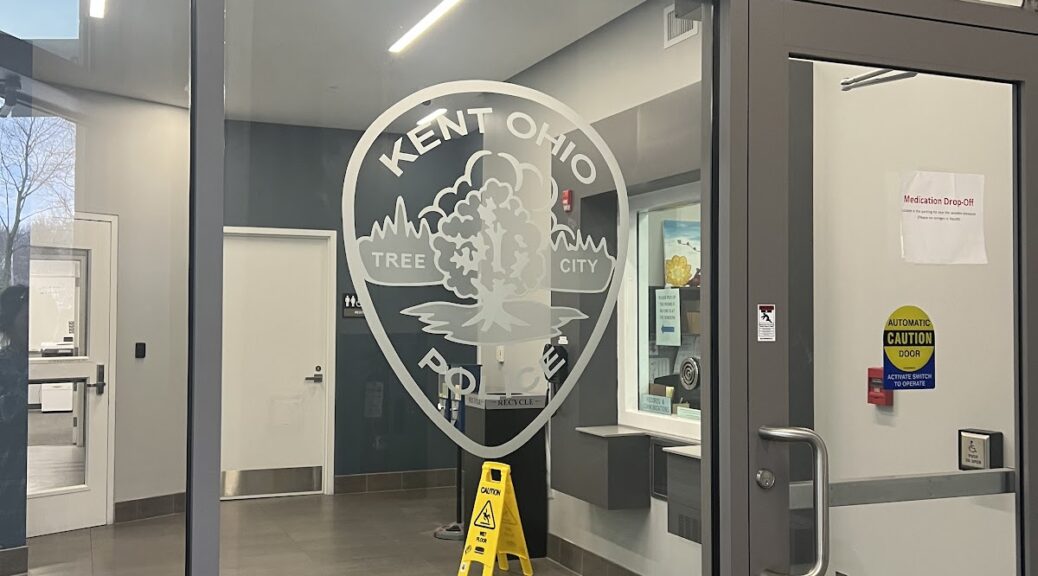
20% Of Police Shooting Victims Are In The Middle Of A Mental Health Crisis.
Imagine you are worried about your friend’s mental health and decide to call a hotline and ask for help. What do you anticipate as a response? Do you believe they will give you the necessary resources and equipment to help them? Or would you expect a police officer to force him into a mental health facility?
“Consider the scenario in which you visit your mother and say, ‘I’m going to kill myself by slitting my wrists with a knife.’ you and your boyfriend broke up, or things aren’t going well. ‘Well, Okay, that’s pretty specific,” says Mercer County Chief Deputy Doug Timmerman . “When we get there, we ask, ‘did you threaten to slit your wrists?’ ‘Yeah, but I didn’t mean it that way.’ We don’t want the deputies to say, ‘Okay, she said she didn’t mean it. So, let’s go.”
“If you don’t come willingly with us, we’re going to take you anyhow.”
Mercer County Chief Deputy Doug Timmerman
Comedian Zachery Suich went through exactly this. His mother called for help after he expressed suicidal thoughts during a turbulent breakup. Police showed up and instead of deescalating the situation, they “Pink slipped” him.
“He took me to a mental hospital, which was, in all honesty, the worst thing that ever happened to me. Going to an actual place with actual crazy people was insane,” Suich says. “I realized, “Oh my gosh, okay, maybe I was being dramatic like these people are crazy, and they weren’t in there for just three days.”
“I was like, ‘No, dude, I’m okay. Please let me out.’ It was The worst thing ever”
Zachery Suich
According to Chief Timmerman, “A pink slip is a legal way for us to take custody of someone. A person can be detained for any of three reasons, the most common of which is that they are not thinking clearly and pose a threat to themselves or others,” Chief Timmerman says. “Once we pink slip you, we can physically control you and transport you to a hospital for evaluation. If you don’t come willingly with us, we’re going to take you anyhow.”
“It was humiliating. Why couldn’t I get my own room?”
Zachery Suich
From Suick’s perspective, they seemed to have decided he was a threat immediately, but he couldn’t pinpoint what set them off.
“At some point, he seemed pretty hung up on the idea that it [suicide] would happen. I probably looked a little “suicidal-ly,” but who knows? Then he goes, why don’t you come with us? I was like, ‘No, dude, I’m okay. Please let me out. It was The worst thing ever,” Suich says. “But it shed a lot of light on the situation and made me think differently, like, ‘Yes, 99.9% of the time, it will be okay.”
Suich claims he spent his first night in the psychiatric facility sleeping next to a man who masturbated continuously. “It was humiliating. Why couldn’t I get my own room?”
When the police arrive on the scene, they oftentimes do not know what they are dealing with, leading them to make incorrect assumptions.
“Yesterday, for instance, we had a gentleman that was suicidal, and the first initial report was a gun involved,” relates Chief Timmerman. “By the time the deputies get there, no, there’s a knife involved.”
The issue of police intervention in these circumstances is significant. While there is no official record of police shootings; every person in the United States who was shot and killed by an on-duty police officer since 2015 has been recorded and cataloged by The Washington Post. Since then, thousands of deaths have been documented by reporters. According to their database, nearly a quarter of the victims died due to police intervention in a mental health crisis.
“Our deputy’s safety, the safety of his family members, and his safety” are the top priorities in situations like these, according to Chief Timmerman. So, why is it frequently the officer who survives? What are a police officer’s legal responsibilities?
“What would help look like to you?”
Activist Liz Wins
In the case of Warren v. District of Columbia, decided in 1981, the D.C. Court of Appeals ruled that while police have a general “public duty,” “no specific legal duty exists.” In 2018, the United States Court of Appeals for the 11th Circuit upheld a lower court’s decision that police could not be held liable for failing to protect 17 students at Marjory Stoneman Douglas High School in Parkland, Florida.
While, Many people were overjoyed when the new national suicide hotline was announced those who had experienced the consequences of calling such hotlines, like Suich, were skeptical. Shortly after the announcement of 988, activist Liz Wins took to Instagram to express her concern:
“988 is not friendly. Don’t call it, Don’t post it, and Don’t share it without knowing the risks. Risks include police involvement, humiliating involuntary treatment at emergency rooms and psych hospitals, use of medical violence to punish “uncooperative” or distressed patients, forced drugging, crushing medical debt, and life-altering trauma.”
So, how should they be responding to such crises? According to Wins, we should be asking ourselves, “What would help look like to you?” What “help” means to each person will vary depending on the circumstances, but 988 treats everyone the same way.
In Suich’s case, what he needed was “to be around people who know me and people who are close to me. I think that’s enough. I don’t think there’s ever a time where a cop should be able to just decide if somebody gets involuntary treatment.”
